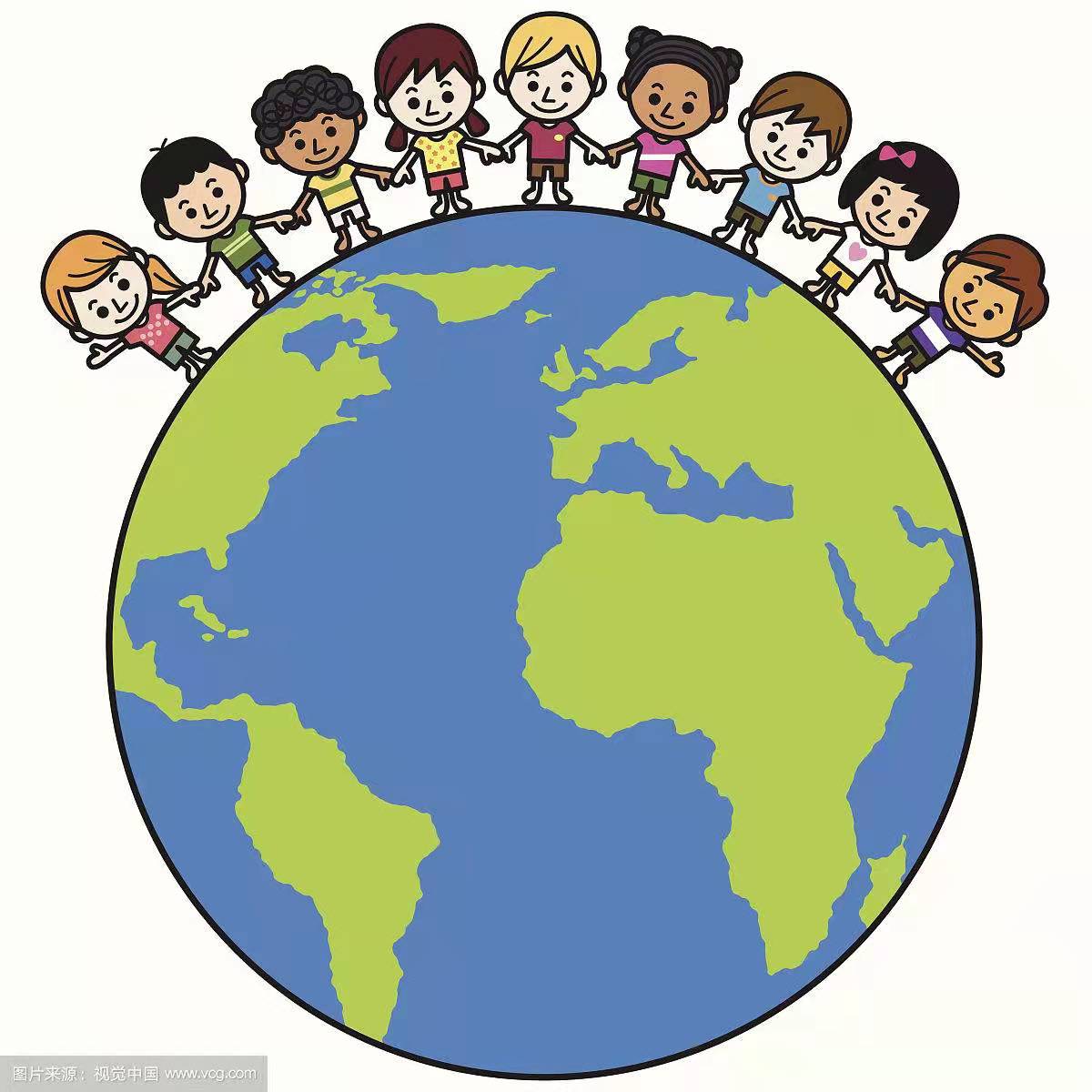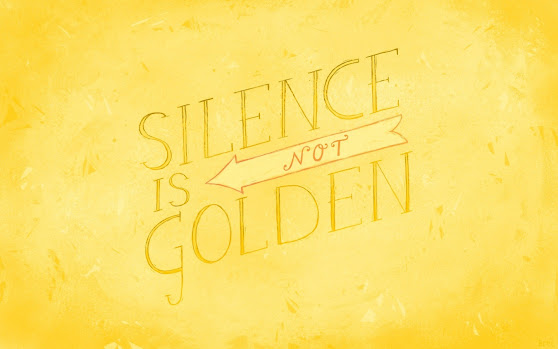The historical evolution of media systems in Morocco: From colonial control to state domination.

By: Said EL MARDA Moroccan media roots can be traced back to the colonial period when Morocco was a protectorate of France and Spain from 1912 to 1956. The colonial powers introduced the print press in its modern form, and Spain played an essential role in establishing several publications in the northern cities of Ceuta, Tangiers, and Tetouan. As early as 1820. Unlike radio, which was controlled by foreign powers from 1928 until independence in 1956, print media represented a site of political struggle. Moroccan nationalists published their first Arabic papers, Lisan Al-Maghreb and Sinan Al-Qalam, in 1907 to promote nationalist ideas among educated Moroccan elites as tools of liberation. The French colonialists responded by introducing several Press Codes to administer and regulate the nationalist print press. After independence in 1956, the print press remained a tool that was used widely in the struggle between the state and the opposition parties. Local radio broadcasting...















